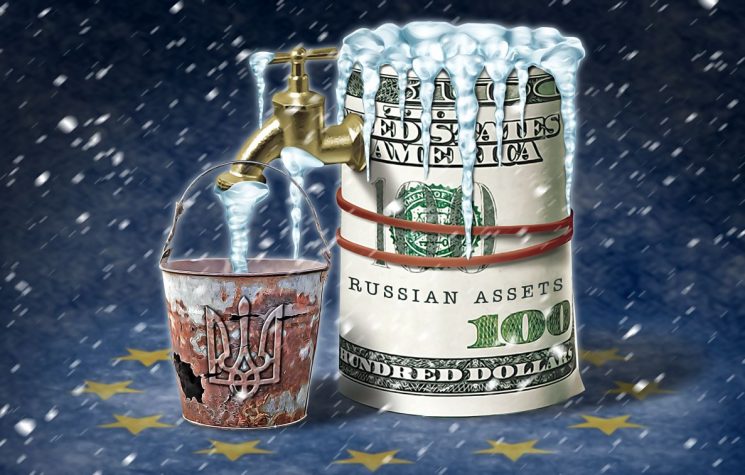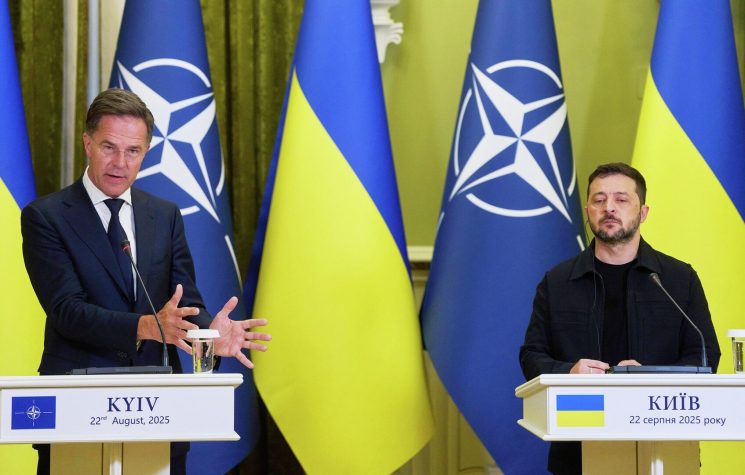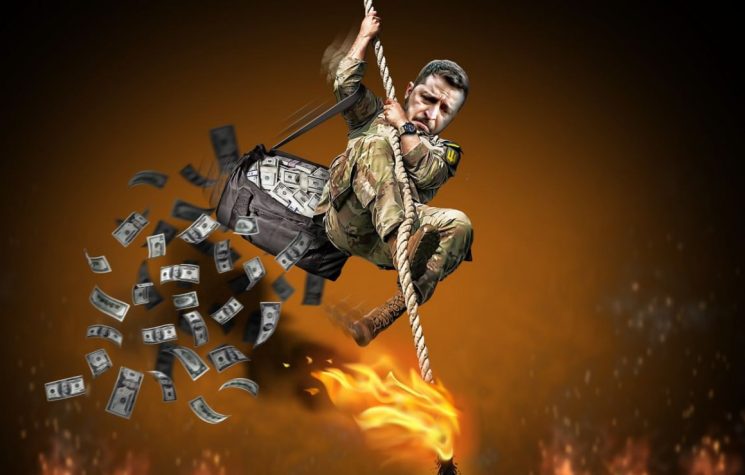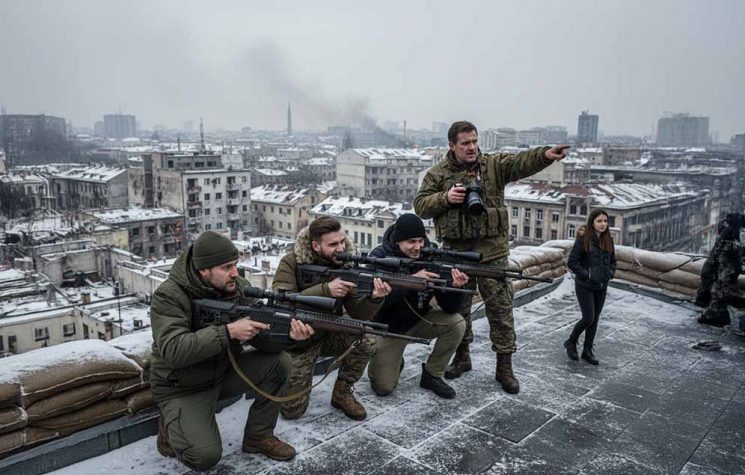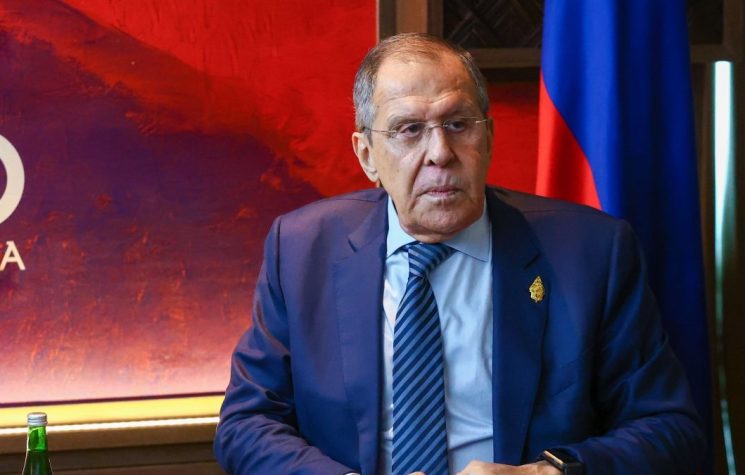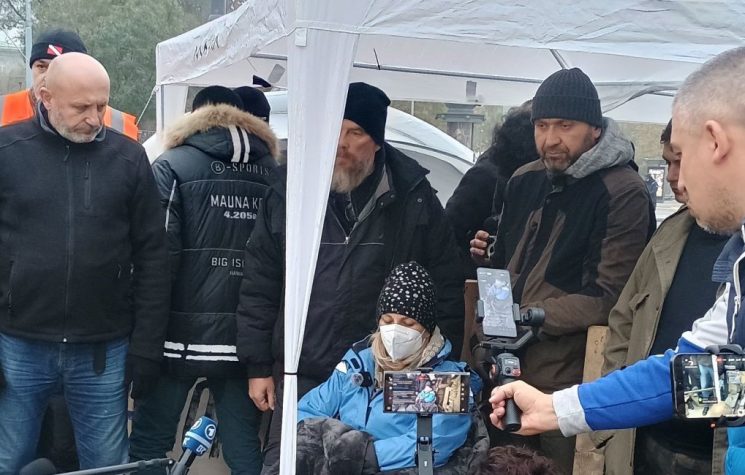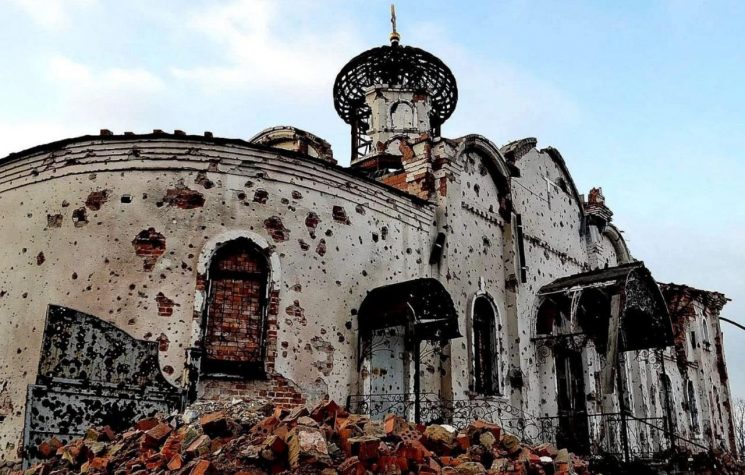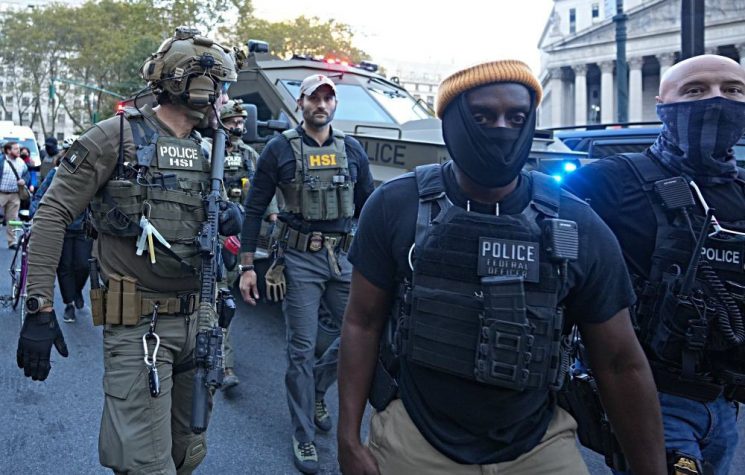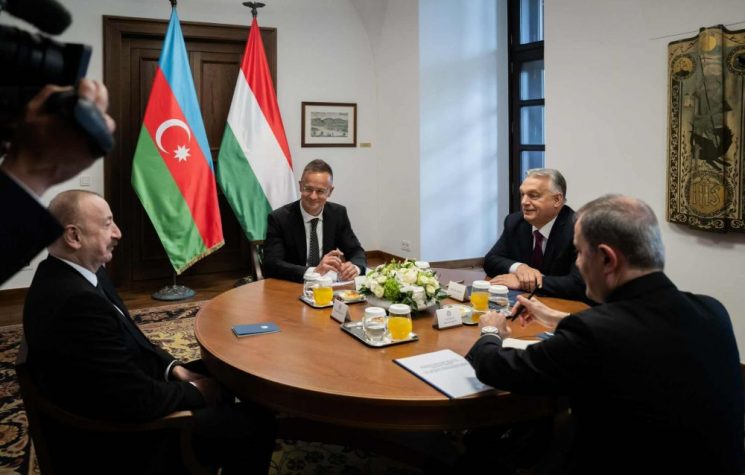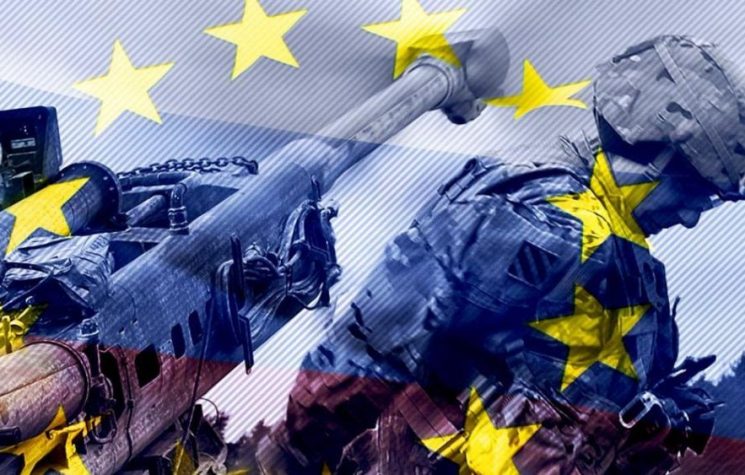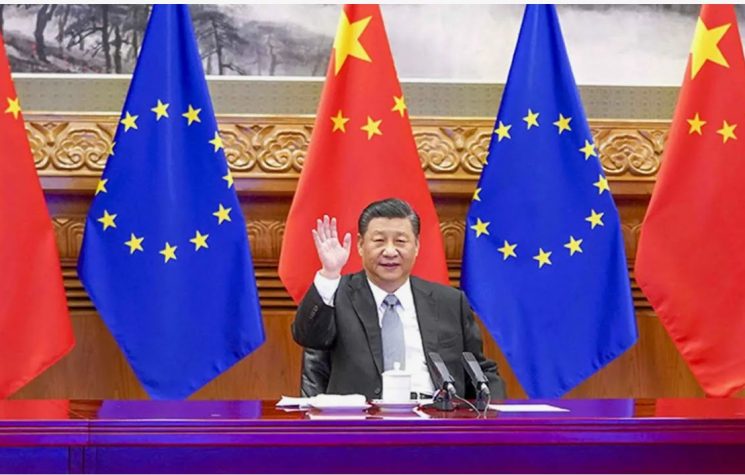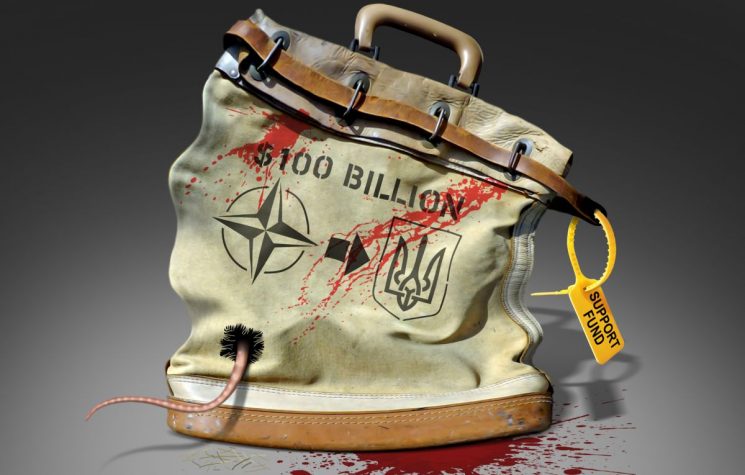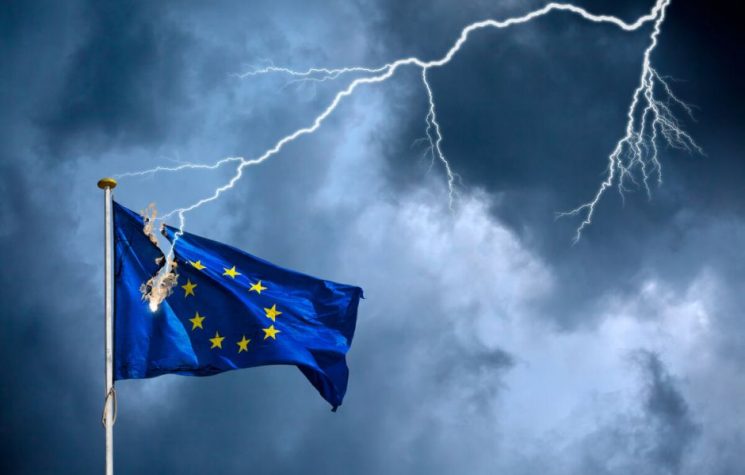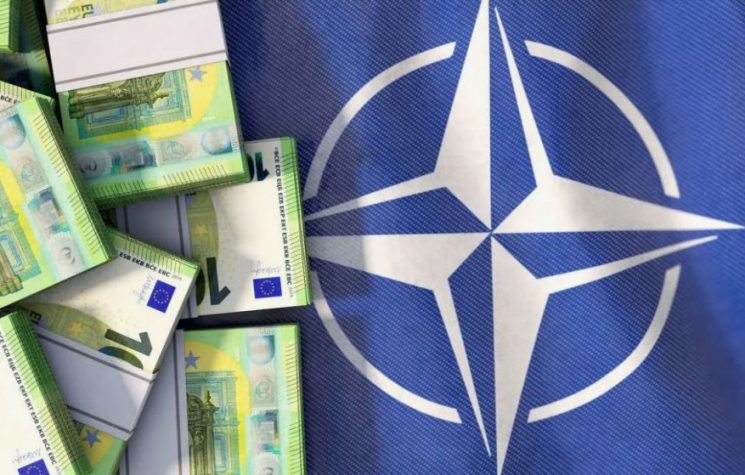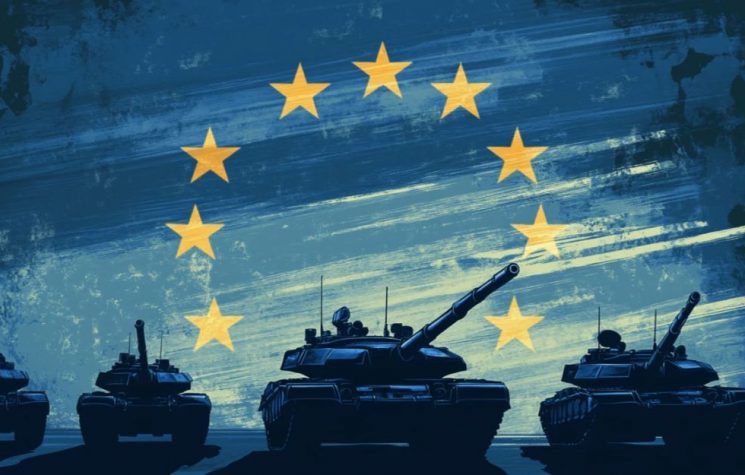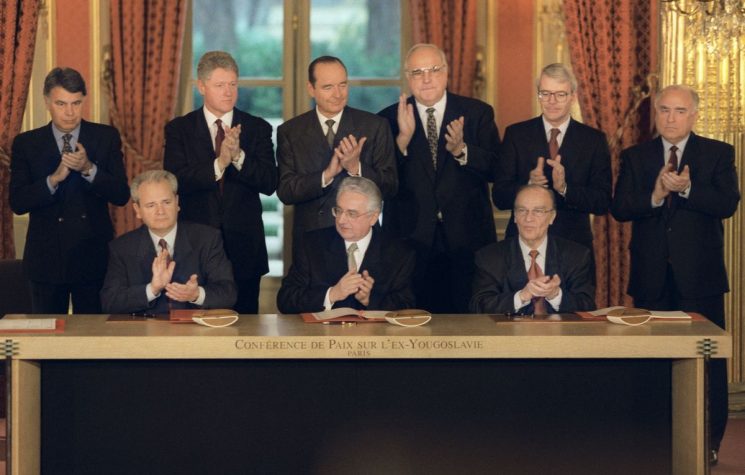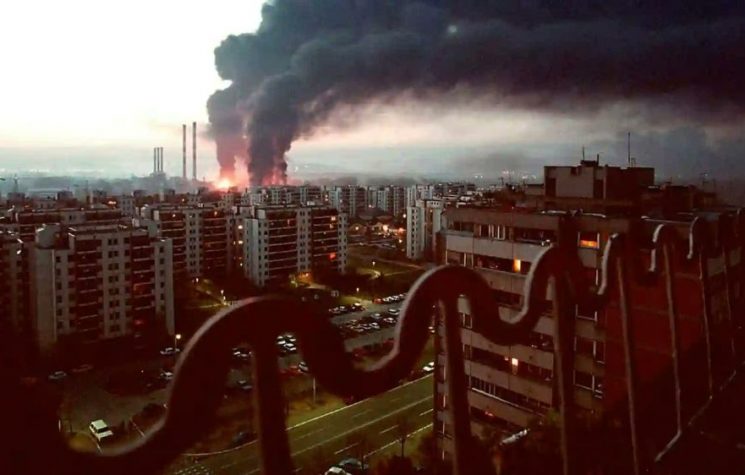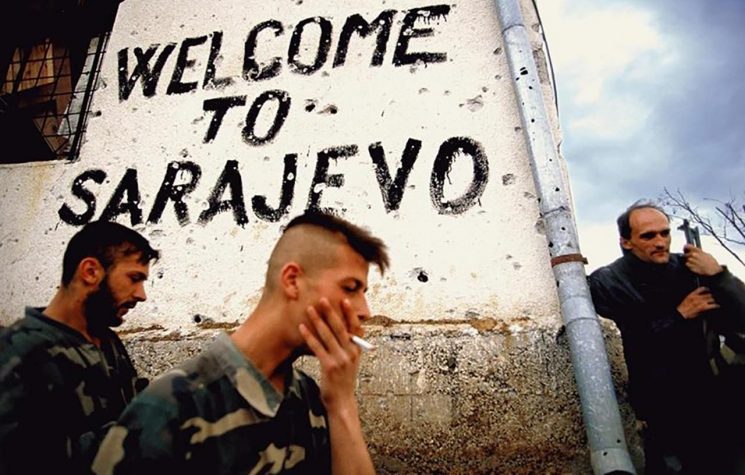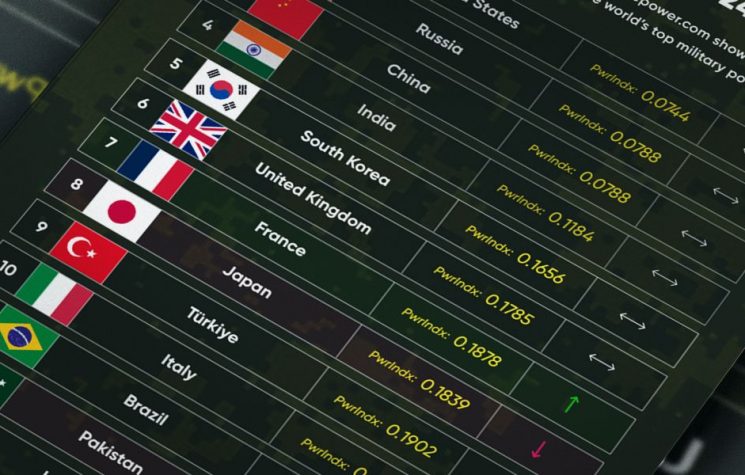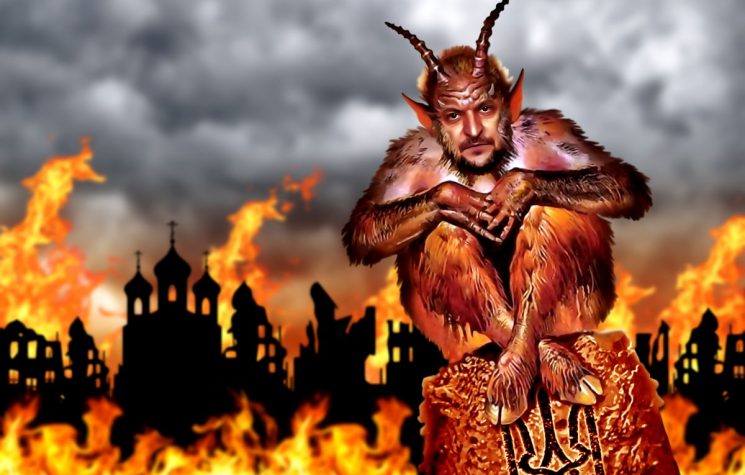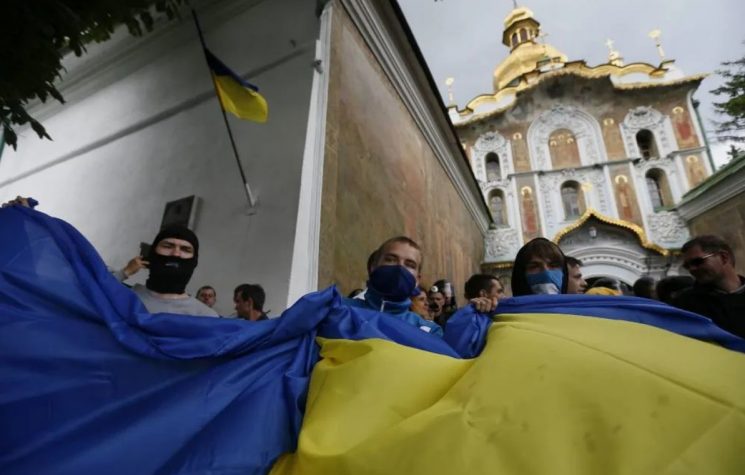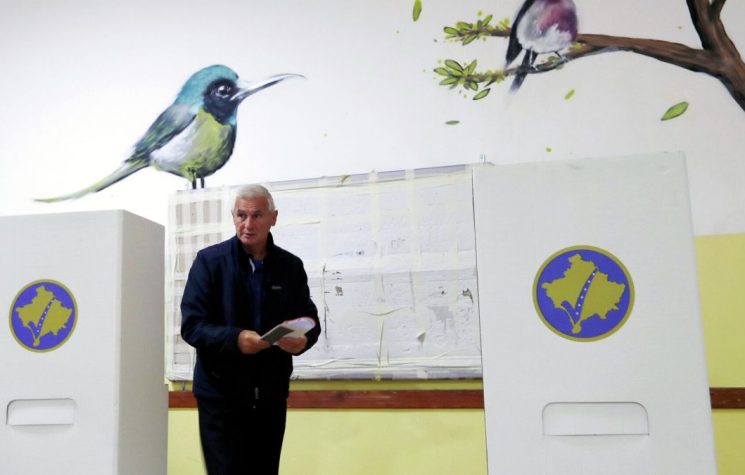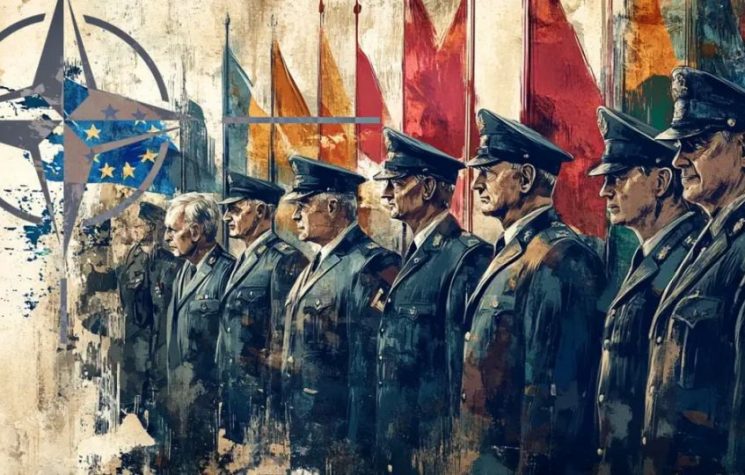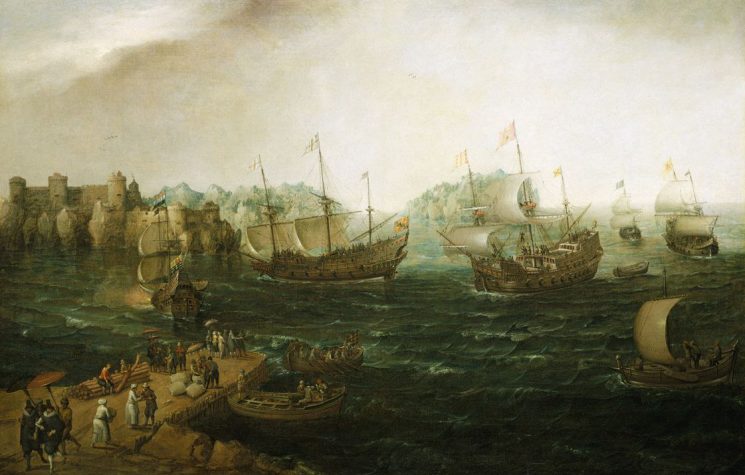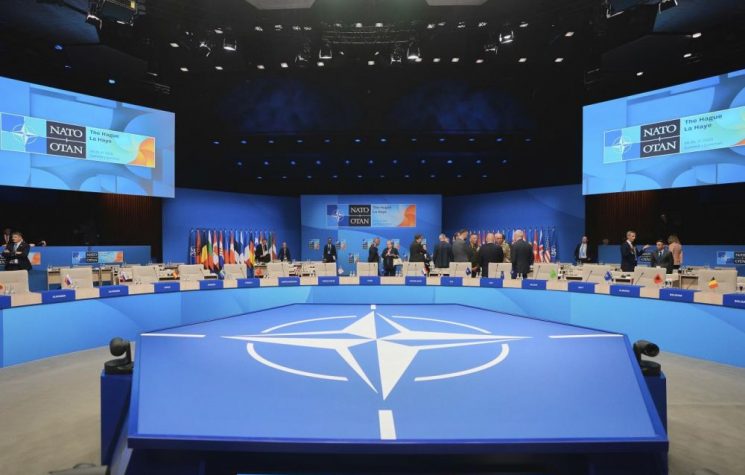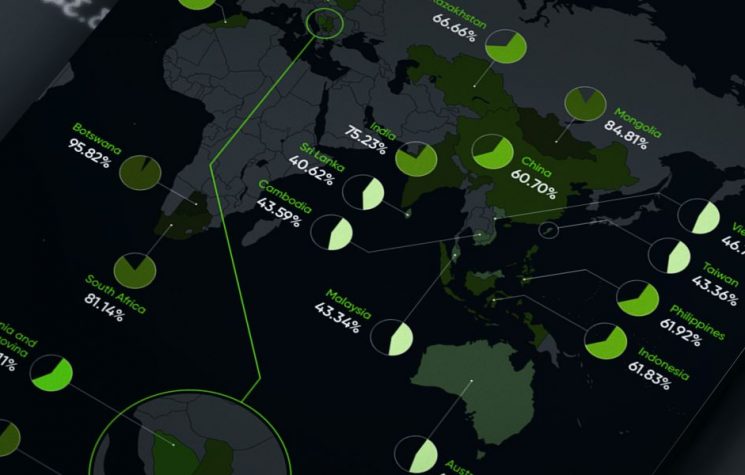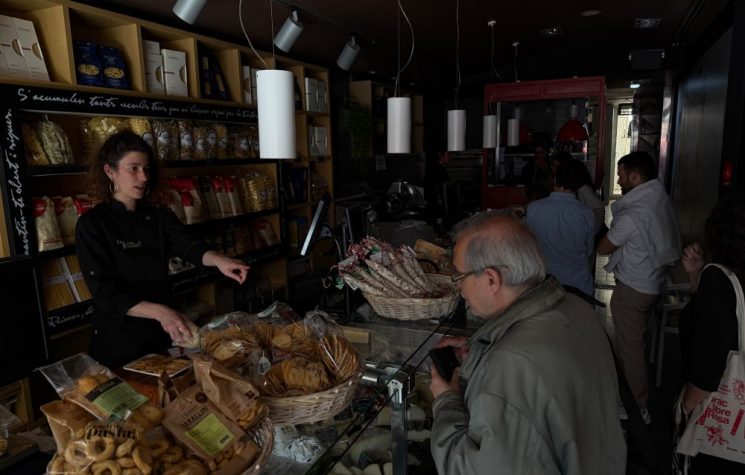A Spanish journalist has been rotting in a Polish prison for the past year. And nobody knew or cared, Stephen Karganovic writes.
Those who watched Duran associate Alex Christoforou’s podcast the other day [at 18 to 19:45 minutes] must have been as taken aback as I was by Alex’s revelation of the unsavoury fate of Spanish journalist Pablo Gonzales in European “values” stronghold Poland.
Gonzales, a Spanish (another “EU values” country) citizen, it turns out has been rotting in a Polish prison for the past year. Not a week, not a month or even a couple of months, but for just over a year. And nobody knew or cared. He is not being detained on any specific charges to which he could mount a legal defence. He is listed simply as “under investigation” for the somewhat vague offence of being an agent of Russia. If that is what indeed he is, so far it seems no judicially cognisable evidence to support such an allegation has been produced by the Polish authorities. After just over a year that Gonzales has been kept in prison, the Polish “investigation” has failed to turn up any incriminating facts that might form the basis for even a flimsy indictment. As a result, no charges have been filed and no trial is in prospect for Gonzales. As trite as that may sound, it is also disturbingly accurate: in the Europe that, with its gallant overseas allies, fights for democracy in Ukraine, European journalist Pablo Gonzales is languishing in a Kafkaesque predicament.
In his expose, Alex Christoforou asks the natural question, “Where is the Spanish government in all this?” [at 19:20 minutes]. The answer is bound to disillusion everyone who imagined that in situations such as this morality had any influence over political decisions. It all comes down to the odious principle of raison d’état. Spain has issues with Catalan and Basque troublemakers and is loath to create a precedent that would provide foreigners a pretext to meddle in the way it treats its prisoners. For Spain the convenient solution therefore is to downplay the incarceration in Poland of one of its own citizens and hope that no one will notice.
Thankfully, Alex Christoforou did. And he informs us that since February of last year, in Poland, Spanish and EU citizen Gonzales has been kept in solitary confinement in an EU country, his wife and children have been denied all but a few brief visits, his lawyer’s efforts to communicate with his client have been systematically thwarted, and that, scandalously, the prisoner has been left essentially without consular protection. The Spanish government has signalled its disinterest to Gonzales’ Polish jailers.
As for the international media silence, broken belatedly by Christoforou, it has been shameful. It would perhaps be too bold to expect a moral colossus like Greta Thunberg to bother taking up Gonzales’ cause, but how about Amnesty International? This sordid case, replete with human rights violations of every imaginable sort, would seem to be right up their alley. On the AI website we read the following unctuous lines: “Amnesty International is a global movement of people fighting injustice and promoting human rights … Amnesty International finds the facts, exposes what’s happening, and rallies people together to force governments and others to respect everyone’s human rights.” Well Amnesty, do something then.
Pablo Gonzales would undoubtedly appreciate a smidgeon of attention and support from a Nobel Prize winning human rights conglomerate such as Amnesty International. A quick check of the AI website, however, while producing an appeal for financial donations laced with a tear-jerking reminder that “after one year, Russian missiles are STILL raining down on families and children in Ukraine . .. Help us document human rights violations and war crimes – your gift will be matched,” does not mention Pablo Gonzales. And what was that about “after one year”? Ukrainian missiles have been raining down indiscriminately on families and children (it is a moot point whether Ukrainian or Russian, all the victims are human beings); not, however, since last year but since 2014, and at last count killing about 15,000 people. But Amnesty International’s eagle eyed human rights monitors missed that, just as they missed the plight of NATO and EU Poland’s prisoner of conscience, Pablo Gonzales.
It turns out that Pablo’s case is not unique.
In Serbia, there is another “prisoner of conscience” and hardly anyone has heard of him, either. He is also a journalist, like Pablo Gonzales, and is similarly doing time without any charges or judicial procedure. His name is Dejan Zlatanovic and he is rotting not in an EU but a Balkan dungeon. True, unlike Poland Serbia is not a part of EU and strictly speaking is not obligated to adhere to EU “values,” whatever they are. But as an aspiring EU member, it could at least try. Unfortunately, as the treatment of Zlatanovic shows, it is trying and succeeding remarkably well, except not by adhering to those values in beautiful theory but by copy-pasting the deplorable Polish practice.
In essence, what happened in Serbia is the following. On February 15, 2023, Serbian police arrested Dejan Zlatanovic, editor of internet news portal Srbin-Info, for a remark he made at a protest rally in Belgrade. Denouncing the possibility that government officials might sign an agreement to recognize the secession of Kosovo, and under the naïve impression that public expression of his views was constitutionally protected speech, Zlatanovic remarked: “Whoever signs is sure to be killed.” The reference was to an entirely reasonable apprehension shared by many Serbs, both those who attended the rally and those who did not. They suspect that high government officials are preparing to sign off on a European “peace” plan which requires Serbia to recognize the secession of NATO occupied Kosovo, considered the heart of Serbian identity, culture, and spirituality.
Both in the original and in translation, Zlatanovic’s remark was general and did not mention any political functionary by name. Furthermore, even on the strictest reading it could not even remotely be framed as a threat, imminent or implied. Rather, it contemplated the possible outcome of a hypothetical action. To anyone with a legal background, that much is clear. But for saying publicly only that and no more, as he was being arrested Zlatanovic was beaten to a pulp by the police, which cared not for the fact that he is a congenitally handicapped person.
The actual moments of Zlatanovic’s arrest can be heard in a mostly audio recording where he screams in anguish “Vucic’s thugs are kidnapping me!”
Zlatanovic has been kept in detention ever since. Apparently being applied is the “values” manual from the Gonzales case. No formal charges have been filed. Zlatanovic’s open ended incarceration was decreed on the basis of police authorities’ gratuitous interpretation that his statement constituted a direct threat to assassinate the country’s President and to violently overthrow the government. So far, a month into the illegal detention, no court hearing to present charges and air the evidence has been held, so it is uncertain what Serbian judges, who presumably do have some legal training, might have to say about the police interpretation of the prisoner’s words.
But is anyone listening? Another quick check reveals that on the website of Amnesty International there is no record of Dejan Zlatanovic or comment about his case.
The operational similarities that connect these two cases of human rights abuse are striking and they do no honour to the governments involved, the “values” hypocritically invoked, or the international advocacy organizations pretending not to notice.








